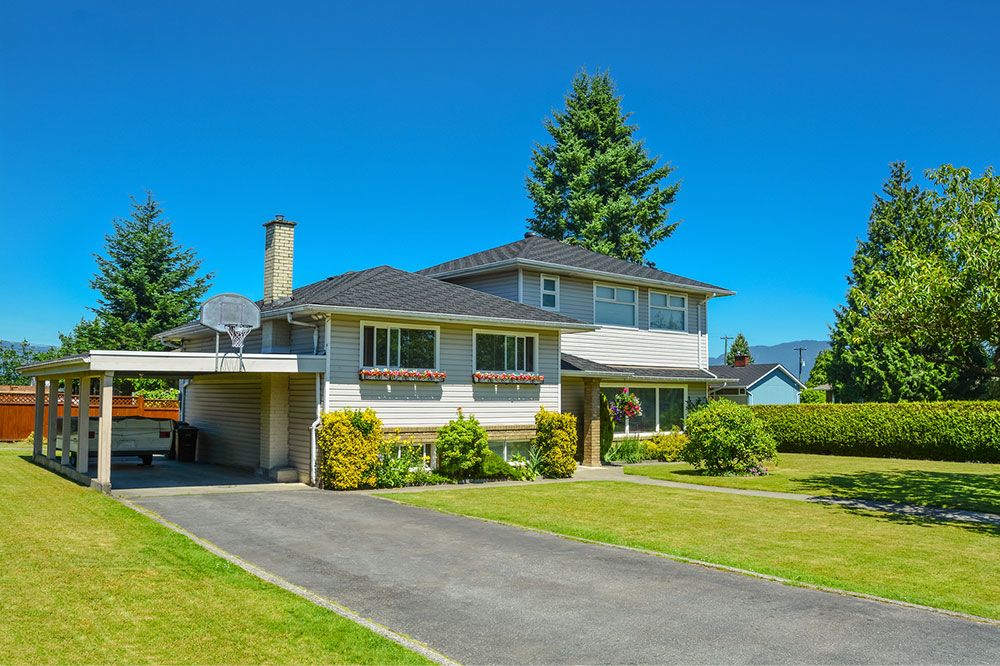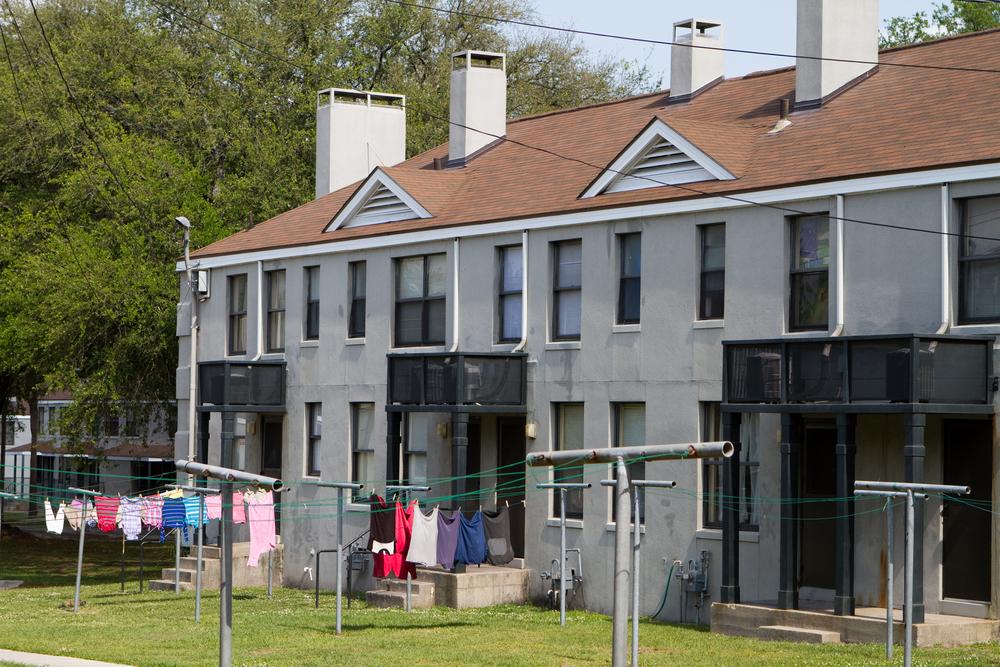Comprehensive Guide to Housing Support Programs for Elderly Adults
This comprehensive guide explores various housing support programs available for elderly individuals, including federal initiatives like the Section 8 Housing Choice Voucher, LIHEAP, and supportive housing options. It details eligibility, application procedures, and additional services aimed at ensuring seniors can access affordable, safe, and suitable housing to maintain their independence and well-being. The article provides vital information to help elderly residents navigate available resources and secure stable living arrangements.

Comprehensive Guide to Housing Support Programs for Elderly Adults
Rising housing prices and living costs have increasingly made it difficult for seniors to find affordable and secure housing options. As a result, many elderly individuals face financial challenges that impact their quality of life and independence. To address these issues, various government-supported programs have been established to assist eligible seniors in securing suitable housing. These initiatives aim to provide financial relief, improve living conditions, and enhance overall well-being for the aging population. Among the most prominent programs are subsidized housing schemes, notably the Section 8 Housing Choice Voucher program managed by the Department of Housing and Urban Development (HUD). In addition to this, other support options such as LIHEAP, public housing projects, and specialized home equity programs offer valuable assistance tailored to seniors’ needs.
Understanding the Section 8 Housing Assistance Program
The Section 8 Housing Choice Voucher program is a key federal initiative designed to make private rental housing more accessible and affordable for low-income individuals, including seniors and those with disabilities. This program provides eligible seniors with rental vouchers that substantially reduce their monthly housing expenses. Unlike traditional rental arrangements, the program operates on a tenant-based system, allowing beneficiaries the flexibility to choose housing that best suits their preferences and needs within the program’s guidelines. After selecting an appropriate property, the local public housing authority (PHA) coordinates the lease agreement, pays a portion of the rent directly to the landlord, and the senior is responsible for covering the remaining rent amount. This flexibility empowers seniors to live in communities of their choice, ensuring dignity and independence while managing affordability.
Voucher Amounts, Payment Structures, and Rent Assistance
The amount of housing assistance provided through the Section 8 program varies depending on several factors including income level, local housing costs, and family size. Experts generally recommend that rent should ideally not surpass 30% of a senior’s monthly income. The vouchers are calculated to help ensure this standard, with adjustments made based on the individual’s income and local rent rates. This ensures seniors are not overwhelmed by housing expenses and can allocate resources toward other essential needs such as healthcare, food, and transportation. The program's flexibility allows recipients to select housing within certain limits—whether it's an apartment, single-family home, or townhouse—while maintaining financial safety nets.
Eligibility Criteria and Qualification Requirements
To qualify for the Section 8 program, applicants must meet several criteria that assess their financial situation, residency status, and personal background. Key eligibility requirements include:
Income Limitations
Applicants must have household incomes that fall within the income limits established by the local PHA. These limits are typically set relative to the median income level in the area and can vary significantly depending on location.
Citizenship and Immigration Status
The applicant must be a U.S. citizen or possess an eligible immigration status to qualify for federal assistance.
Age Requirement
Persons aged 62 and above typically qualify, although specific age restrictions may vary by locality. Contacting the local PHA will provide precise qualification details.
Criminal Background Checks
Applicants must pass a background check to ensure safety and compliance with program standards.
Additionally, household composition—such as single-person households or multi-member families—must align with HUD’s definitions and guidelines to ensure eligibility.
How to Apply for the Program
Applying for Section 8 housing support is a straightforward process that is typically free of charge. Interested seniors can apply online through the PHA’s website or in person at their local offices. The application process requires the submission of necessary documentation, including proof of identity (ID), Social Security number, verification of income, residency status, current address, and references from previous landlords. Due to high demand, applicants are often placed on waiting lists, so patience is essential. Ensuring that all documentation is accurate and complete increases the chances of quickly securing assistance.
Additional Housing Support for Seniors
Beyond the Section 8 program, several other federal and state initiatives offer supplementary assistance to elderly citizens seeking affordable and safe housing. These include programs designed to promote independent living, offer home repairs, or reduce utility bills.
Section 202 Supportive Housing for Elderly
This program subsidizes rental units specifically designated for seniors aged 62 and older, often providing additional support for daily activities such as housekeeping, transportation, and personal care. It aims to help seniors maintain independence while residing in safe, affordable housing.
Section 504 Home Repair Program
Targeted at very low-income seniors, this initiative provides grants and loans to fix safety hazards, improve accessibility, and modernize homes. This support helps vulnerable seniors live securely in their own homes and prevents premature relocation to assisted living facilities.
Low-Income Home Energy Assistance Program (LIHEAP)
Energy costs can be a significant burden for seniors. LIHEAP offers assistance with heating and cooling bills, weatherization, and minor repairs to make homes more energy-efficient and reduce utility expenses during extreme weather conditions.
Veterans and special populations also have access to tailored assistance options, including services at assisted living facilities and healthcare support. While housing costs remain a personal responsibility, these programs significantly reduce financial barriers for elderly individuals seeking secure, comfortable living environments.
For detailed information about available government-assisted housing and related services, elderly residents and their families are encouraged to consult resources such as the National Resource Center on Native Americans Aging, local nonprofit organizations, and charitable groups that help with rent subsidies and housing modifications nationwide.





